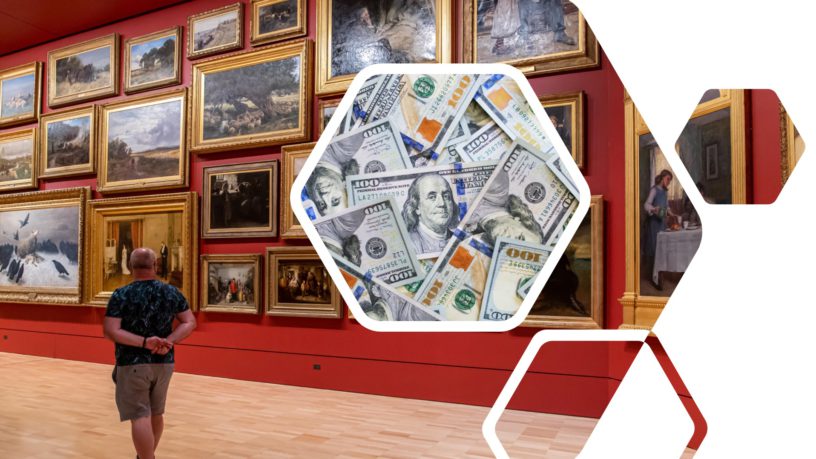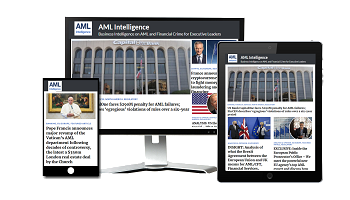By Dan Byrne for AMLi
THE US TREASURY has warned that works of art are a potential pathway for financial criminals and other at-risk individuals to do business in America.
In a recent advisory, the Treasury’s Office of Foreign Assets Control (OFAC) said that the trading of high-value artwork “may play a role in blocked persons accessing the US market and financial system in violation of OFAC regulations.”
OFAC maintains lengthy lists of individuals and corporate bodies worldwide who are under sanction by US authorities, primarily for criminal activity or association with governments hostile to the US.
Business dealings with any of these entities are generally restricted or forbidden.
OFAC is now warning that individuals on this list may be using the purchase or sale of high-profile artworks as avenues to avoiding regulations made against them and continue to access the US market.
Lack of transparency, use of shell companies, and the relative secrecy surrounding any sale of precious artworks are all features that cause these avenues to be opened, OFAC has claimed.
“The mobility, concealability and subjective value of artwork further exacerbate its vulnerability to sanctions evasion,” they added.
OFAC is calling on every organisation involved in artwork trading – galleries, museums, collectors, auction houses – to respond to the threat of sanctions avoidance.
It has asked these bodies to be vigilant about compliance with national regulations and advisories.
“Participants in the art market who may face exposure to transactions involving blocked persons should assess the risks they may face and consider implementing measures … including conducting risk-based due diligence, as appropriate,” OFAC said.
It also sought to clear up a potential discrepancy in laws around trading with sanctioned individuals, saying that no implied exemption existed which allowed artworks to be traded for other assets such as cash, gold or cryptocurrencies.
Cases of artwork-related sanction evasion have previously occurred in the United States. Beneficiaries included sanctioned Russian oligarchs, the North Korean government and individuals associated with the militant group Hezbollah.
Share this on:
Follow us on:








